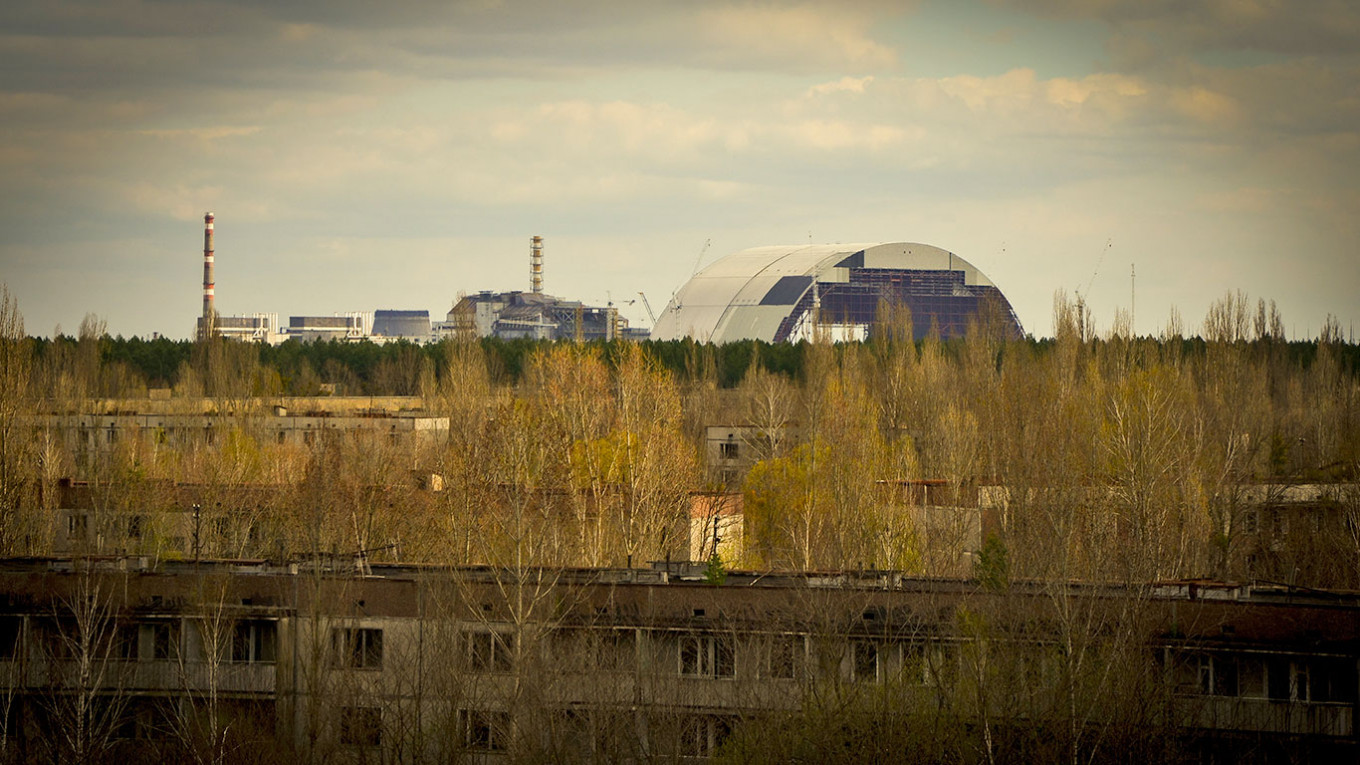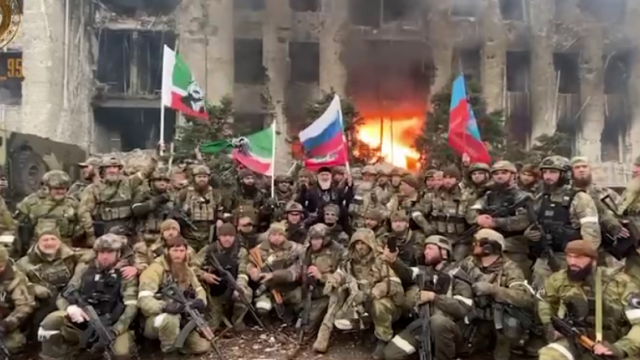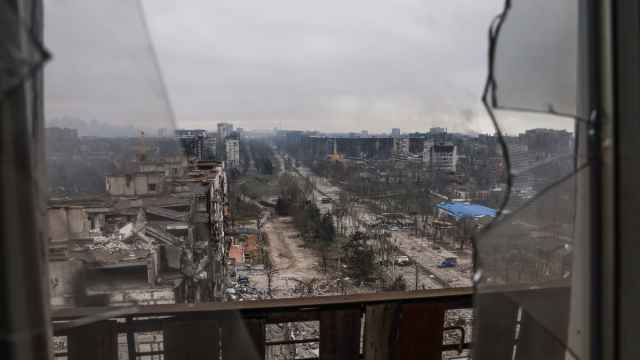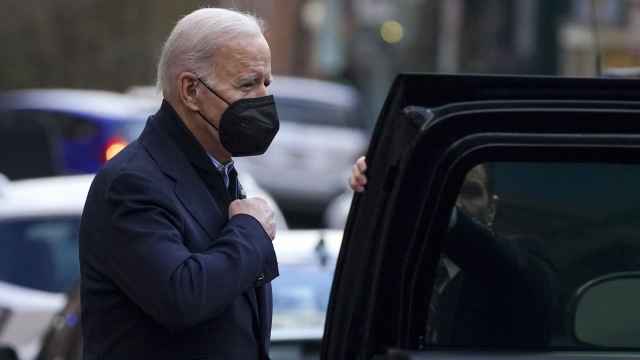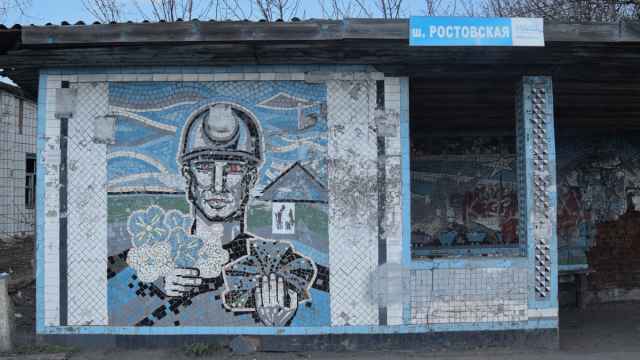Power has been cut to the Chernobyl power plant, the site of the world's worst nuclear disaster, Ukraine said Wednesday, but the UN's atomic watchdog said there was "no critical impact on safety."
The plant "was fully disconnected from the power grid," Ukraine's energy operator Ukrenergo said in a statement on its Facebook page, adding that military operations meant "there is no possibility to restore the lines."
It said that there was also no power to the site's security systems.
On Feb. 24, Russia invaded Ukraine and seized the defunct plant, site of a 1986 disaster that killed hundreds and spread radioactive contamination west across Europe.
The UN atomic watchdog, the International Atomic Energy Agency (IAEA) said in a tweet that while the development "violates (a) key safety pillar," in this case it saw "no critical impact on safety."
On Tuesday the IAEA had said that the site was no longer transmitting data and voiced concern for staff working under Russian guard.
The situation for the staff "was worsening," the IAEA said, citing the Ukrainian nuclear regulator.
The defunct plant sits inside an exclusion zone that houses decommissioned reactors as well as radioactive waste facilities.
Ukrainian Foreign Minister Dmytro Kuleba tweeted on Wednesday that "reserve diesel generators have a 48-hour capacity to power" the plant but added that "after that, cooling systems of the storage facility for spent nuclear fuel will stop."
More than 2,000 staff still work at the plant as it requires constant management to prevent another nuclear disaster.
IAEA Director General Rafael Grossi on Tuesday called "on the forces in effective control of the site to urgently facilitate the safe rotation of personnel there."
He also repeated his offer to travel to Chernobyl or elsewhere to secure "the commitment to the safety and security" of Ukraine's power plants from all parties.
A Message from The Moscow Times:
Dear readers,
We are facing unprecedented challenges. Russia's Prosecutor General's Office has designated The Moscow Times as an "undesirable" organization, criminalizing our work and putting our staff at risk of prosecution. This follows our earlier unjust labeling as a "foreign agent."
These actions are direct attempts to silence independent journalism in Russia. The authorities claim our work "discredits the decisions of the Russian leadership." We see things differently: we strive to provide accurate, unbiased reporting on Russia.
We, the journalists of The Moscow Times, refuse to be silenced. But to continue our work, we need your help.
Your support, no matter how small, makes a world of difference. If you can, please support us monthly starting from just $2. It's quick to set up, and every contribution makes a significant impact.
By supporting The Moscow Times, you're defending open, independent journalism in the face of repression. Thank you for standing with us.
Remind me later.


